how to get fluid out of newborn kittens lungs
 How To CPR Newborn Kittens | CPR on a Cat - Pet Clever
How To CPR Newborn Kittens | CPR on a Cat - Pet CleverAttention! WalkSitting Boarding Drop-In VisitsIn-Home Training Digital Training Ask a VetWellnessSafetyCommunity GuidelinesConfidence " Safety " Help Center Services Wag! WalkSitting Boarding Drop-In VisitsIn-Home Training Digital Training Ask a VetWellness Become a Dog WalkerPhymnical Inspiration at CatsJump is a Neumony section? If you think your cat may be suffering from aspiration pneumonia it will be important to seek immediate veterinary care, as symptoms can progress quickly. Cat aspiration pneumonia is a life-threatening condition in which food or other foreign body is inhaled in the lungs. The object or material causes irritation and inflammation and the body's natural reaction is to produce fluid and mucus as a response to the irritant. The fluid and the mucus will accumulate in the lungs of your cat, which will make breathing difficult. Foreign material can also contain bacteria that can grow and reproduce in the warm and humid atmosphere of the lungs. In this case, your cat can also develop an infection that will make fluid accumulation more severe and harder to recover. Pneumonia Aspiration Average costFrom 514 quotations range from $200 - $2,000 Average cost$850Protect yourself and your pet. Compare pet insurance plans. Symptoms of aspiration pneumonia in cats The severity of symptoms will vary from cat to cat and will also depend on the amount and size of the food or other foreign body that has been inhaled. Common signs to observe include: TopCauses of Cat Pneumonia The underlying cause of aspiration pneumonia is a foreign body that enters the lungs of your cat. This condition occurs in hand kittens and in adult cats. Pneumonia aspiration in kittensThe aspiration pneumonia can often occur in very young and handy kittens. This occurs when the milk is given through a bottle with a nipple hole too large, or which allows too large a flow of milk or liquid. Kittens can inhale when trying to get sick and liquid can enter the lungs. Inadequate bottle position or misuse of tube feeding can also cause a young kitten to inhale fluid. Aspiration pneumonia in adult or non-irritating cats In the case of adult or non-irritating cats, aspiration pneumonia may have a variety of causes. These may include:TopDiagnosis of aspiration pneumonia in catsDiagnosis of aspiration pneumonia in your cat will start with a complete physical exam. You should provide your doctor with a complete physical history for your cat. If your kitten is young, mention if and through what method you have been handing or breast-feeding. It will also be important for your veterinarian to know if your cat has recently undergone anesthesia or was sedated for other procedures. Finally, provide your veterinarian with a complete history of any vomiting, regurgitation or neck or back problems that may indicate an underlying condition or disease. Your veterinarian will perform several diagnostic tests. A basic temperature control and a full blood panel and urine analysis will help determine if there is any underlying infection. Your veterinarian will try to examine your cat's mouth or airway. They will also hear lung sounds using a stethoscope. This will identify the raspiness or sound of the air wave that travels around mucus and fluid inside the lungs. Your veterinarian can also remove fluid from the lungs to culture for any potential sensitivity. This will allow you to determine the best course of antibiotic or other treatment prescribed for your cat. This can sometimes be done by a procedure called endotracheal washing in which the fluid is overwhelmed in the lung and aspires again for the test of culture. Your veterinarian may also order X-rays or ultrasound images that will help determine the extent of fluid accumulation in the lungs and will also potentially identify any laryngeal disease that caused the aspiration initially. X-rays can also help identify the cause of vomiting, if it is the cause of aspiration pneumonia. TopTreatment of Aspiration Pneumonia in CatsThe treatment of aspiration pneumonia will depend on the underlying cause. Your veterinarian's first priority will be to stabilize your cat and treat immediate symptoms to facilitate normal breathing and eliminate any infection. Oxygen therapy, in which your cat is given oxygen through a mask, or in some clinics, placed in a special oxygen machine, is a common treatment to stabilize your cat. Intravenous fluids and antibiotics will also help stabilize your cat and support your system while fighting any infection. Once your cat has stabilized, your veterinarian can treat any underlying condition such as disease or vomiting. Antivomitative drugs can be given to help reduce the risk of future episodes. Once your cat is stable and can breathe normally, it can be allowed to go home to continue to recover. TopRecovery of Aspiration Pneumonia in CatsThe forecast for recovery of aspiration pneumonia is good. Once stabilized, most cats start recovering at home and returning to normal behaviors within several weeks. Following visits with the veterinarian will be important to determine whether there has been any healing of the lungs. You should carefully follow all treatment regimens as aspiration pneumonia can return and scale quickly if the infection and inflammation are not completely eliminated. Top*Wag! you can collect a portion of the sales or other offset of the links on this page. The items are sold by the retailer, not Wag!.Aspiration pneumonia Average costFrom 514 quotes range from $200 - $2,000 Average cost$850Protect yourself and your pet. Compare pet insurance plans. Questions and tips about pneumonia inspired by veterinarians Do you need health advice for pets? Ask a veterinarianTry a VetcalicoSix MesesUnknown gravity0 found helpful Unknown severity Has symptoms About chronic pneumonia medication but gave a dose of medication and began to cough. She's had a strong breathing due to chronic pneumonia but, she's been absent for a week and now she's taller. December 5, 2020 Owner Dr. Michele K. DVM0 Recommendations Thank you for your question. Doxycycline may be irritating to the esophagus if given as a pill form, and you may need to have some water to follow the medication. If the stronger breathing continues throughout the day, or seems to have breathing problems or is lethargic, then having a check with your veterinarian would be a good idea. Dec. 5, 2020Was this experience helpful? Kitten7 weeks? Unknown severity0 found useful Unknown gravity Has symptoms She has fleas so she was giving her a bath of alba (3a) one in so many weeks but this time seemed to be sucking in the bathroom water. She's already been treated once by an URI.Sept. 29, 2020 Owner Dr. Michele K. DVM0 Recommendations Thank you for your question. It is possible, if she has a higher respiratory that has not solved enough, that she is having the congestion related to that. You may also have water in your nose if you have had a bath. If it is not improving, it would probably be better for a veterinarian to see it, as they can look at it and see what it might be going on, and what treatment it may need. I hope everything goes well for her and feels better soon. September 30, 2020 Was this experience helpful? Short black hair Two years unknown life0 found useful unknown gravity Has symptoms My cat vomited before and has congestion. It was pretty bad but it's improved. Should I worry about aspiration? September 29, 2020 Owner Dr. Michele K. DVM0 Recommendations Thank you for your question. Cats don't usually suck when they're vomiting unless they have other problems. If your cat is congested, it may not be related to vomiting, and if things seem to be improving, you might be fine to monitor. If congestion is not improving, or vomiting does not stop, then it would be better to have your cat seen by a veterinarian. I hope everything goes well for your cat and they feel better soon. October 1, 2020Was this experience helpful? Tabby kitten1 weekUnknown integrity0 found useful Unknown gravity Has symptomsAspired while feeding the syringe, and causes sneezing, you are now taking breaks between each ml while feedingSept. 27, 2020 Owner Dr. Michele K. DVM0 Recommendations Thank you for your question. . The aspiration is a risk with the feeding of bottles. If the kitten doesn't seem to be thriving, it would be better for your pet to be seen by a veterinarian, as they can examine them, see what might be going on, and help get treatment if appropriate. October 13, 2020 Was this experience helpful? black catThree years unknownSeverity0 found useful Unknown gravity Has symptoms I was told that giving my cat olive oil would help her pass a rubber band in her stomach and when I gave her the oil the syringe shot her oil very quickly and I'm afraid I could have sucked into some olive oil. She has no symptoms so far but I'm very worried. All this just happened. What should I do? 3, 2020 Owner Dr. Michele K. DVM0 Recommendations Thank you for your question. It would probably be better at this point to have her seen by a veterinarian. They could take an X-ray, see if she aspired to any oil, see if she has any sign of rubber bands in her stomach, and give her treatment so that that can be solved. I hope everything's going well for her. Aug. 3, 2020Was this experience helpful? BerryNone1 WeekFair severity0 found useful Fair severity Has symptomsHello. My baby kitten that is fed with bottles had a small amount of milk coming out of his nose while he was fed with bottles. I immediately pulled the bottle and sneezed some times. Should I have him checked out immediately or could this have been just one incident at a time and he might be okay? NAI'm not sure One YearFair severity0 found useful Fair severity Has symptoms I made a foolish mistake and I'm aware and I will no longer keep these two bottles next to the other. Anyway, here goes and don't judge me that I'm a responsible owner made a mistake while I was tired in the middle of the night. I've got kitten sprayer and nutrivet sprayer. I accidentally grabbed the canip sprayer, above all when I sprayed it on the wound on his lips moved and my finger moved from his nose. She inhaled when I sprayed, I'm worried she's gotten into her lungs. He hasn't shown any signs of anything since he hit the initial spray. I'm very worried and distressed, I haven't been able to think of anything since. I'm literally tortured, I feel so horrible. Please, any entry would be so useful. MowgliKitten3 Weeks Milk severity0 found useful Mild severity Has symptomsMy 3-week kitten has breathing problems that has been in the veterinarian and prescribed amoxicillin to help with an infection. He still has his mother around and she takes care of him by keeping him warm and cleaning him, but I'm not sure if he's been breast-feeding and still sounds like he's got fluid in his lungs and breasts. What can I do to help you and to make sure you're getting the nutrition you need? SassySiamese18 YearsCritical integrity0 found useful Critical gravity Has symptoms He's been having a hard time breathing then making a really sybilous noise hard breathing sometimes he's limping sometimes feels like he's cooling but he gets hot cuz I keep covering it I can't take her to the veterinarian I can't get any help because I can't pay that she's about 18 years old I need help right away I have to eat and drink water and she's been eating Merilicoticlicity Critical gravity Do you have symptomsMy 6-year-old cat sucked her hair ball and I took her immediately to the Vet/ER and made an ultrasolated and survival Vet said her lungs were all white and that she's were supposed to be all-white. Cost half$850Protect yourself and your pet. Compare pet insurance plans. Related Health ArticlesAbout Wag! Top Wag! citiesResourcesLifestylesSecurity© 2020 Wag Labs, Inc. All rights reserved. Download the Wag! appAbout Wag!Resources Top Wag! citiesLifestylesSecurity© 2020 Wag Labs, Inc. All rights reserved. Download the Wag! appAbout Wag! Top Wag! citiesResourcesLifestylesSecurity© 2020 Wag Labs, Inc. All rights reserved.
What to Do (and NOT Do) If You Find a Newborn Kitten

How To CPR Newborn Kittens | CPR on a Cat - Pet Clever
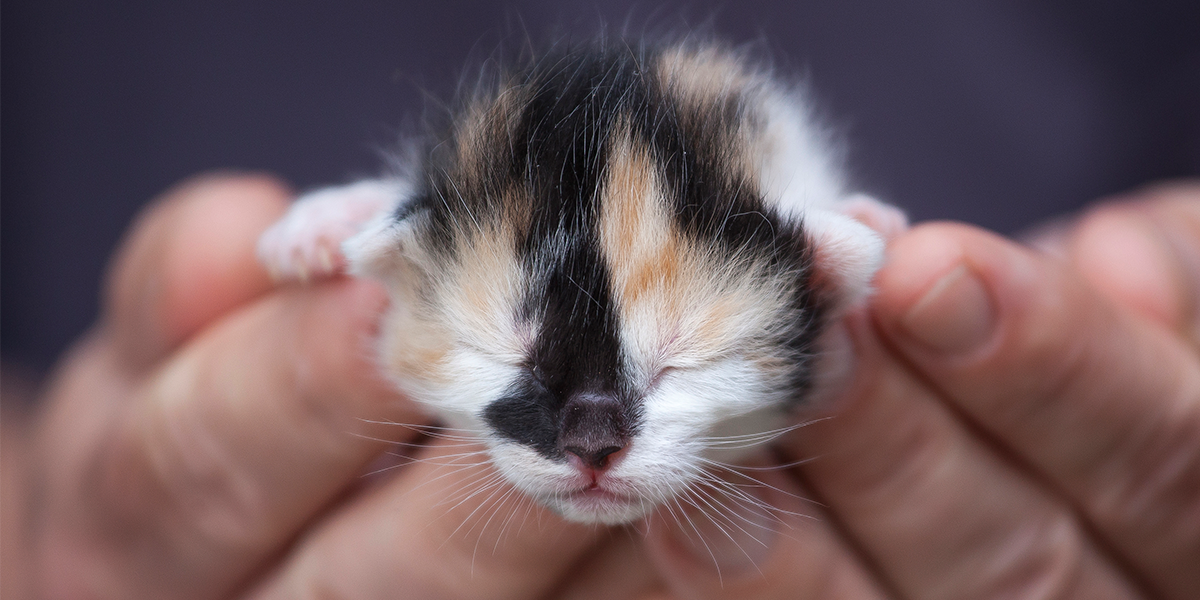
Kitten deaths (Fading Kittens) | International Cat Care
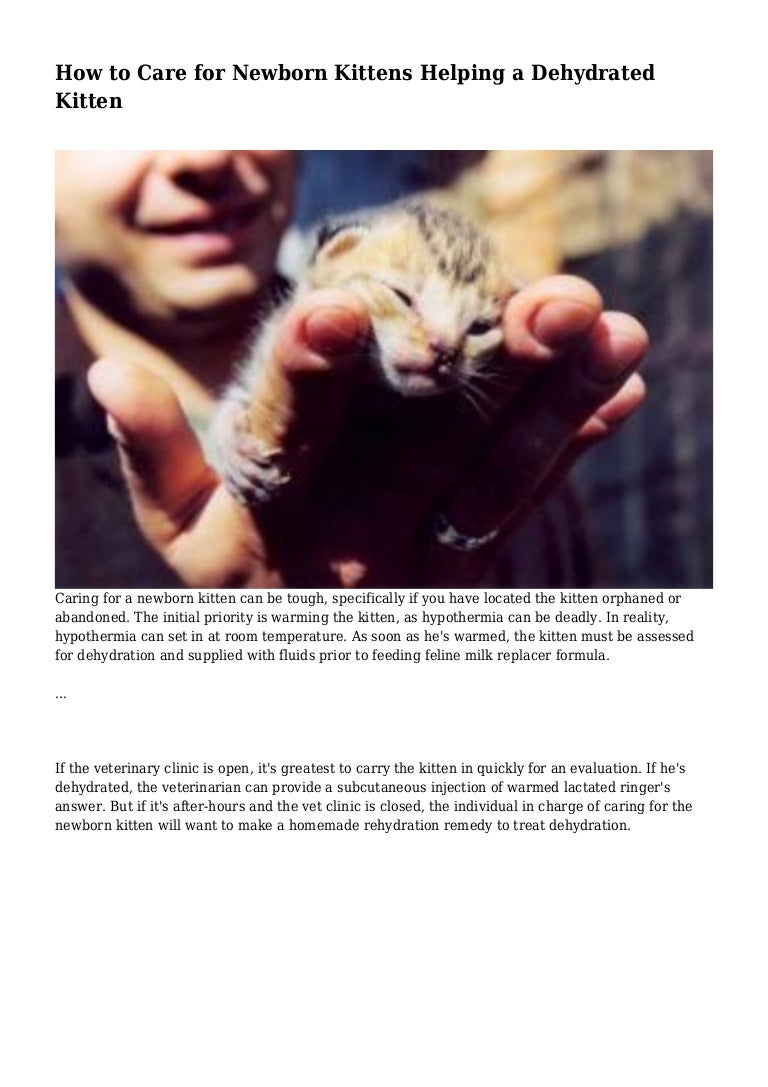
How to Care for Newborn Kittens Helping a Dehydrated Kitten
What to Do (and NOT Do) If You Find a Newborn Kitten
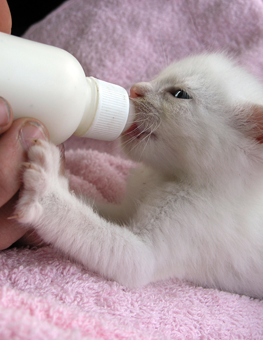
Bottle Feeding the Newborn Kitten | Hartz
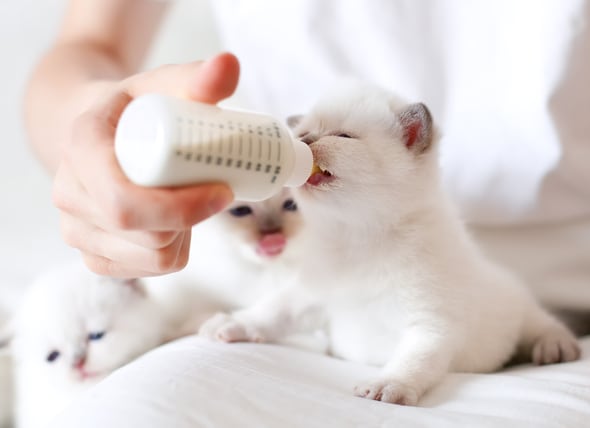
6 Tips for Safely Bottle Feeding Kittens | PetMD

Subcutaneous Fluids for a Dehydrated Kitten - YouTube
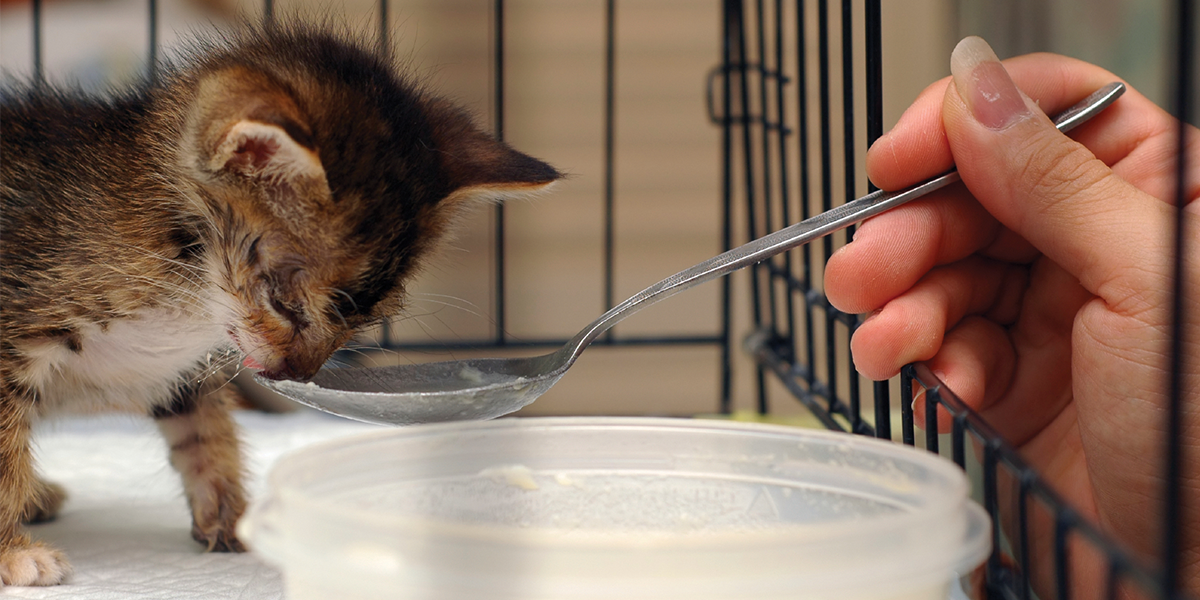
Hand-rearing kittens | International Cat Care

How to Feed a Newborn Kitten: 15 Steps (with Pictures) - wikiHow
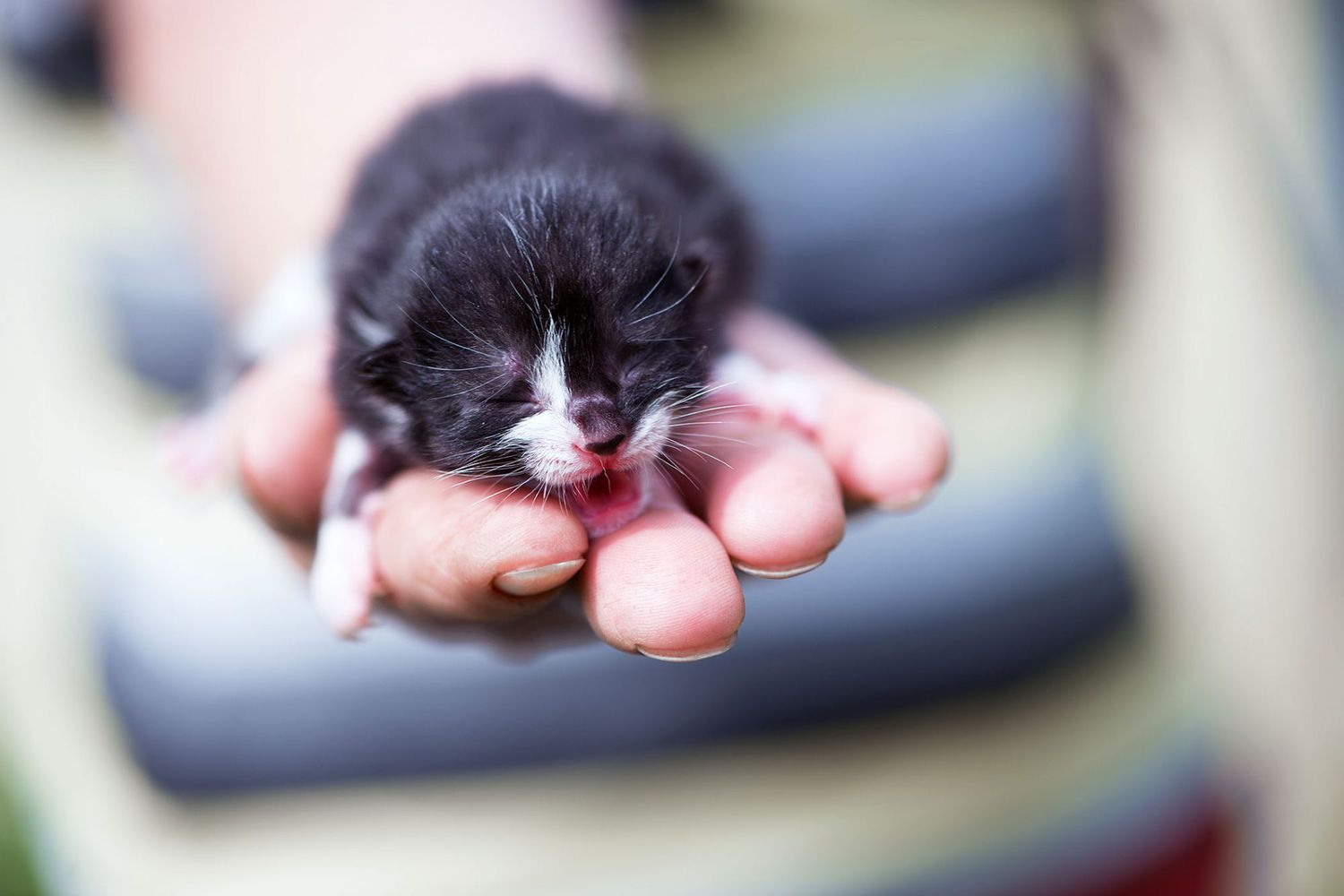
How to Bottle-Feed a Newborn Kitten | Daily Paws

How to Feed a Newborn Kitten: 15 Steps (with Pictures) - wikiHow

What to Feed a Kitten - Raising Newborn Kittens
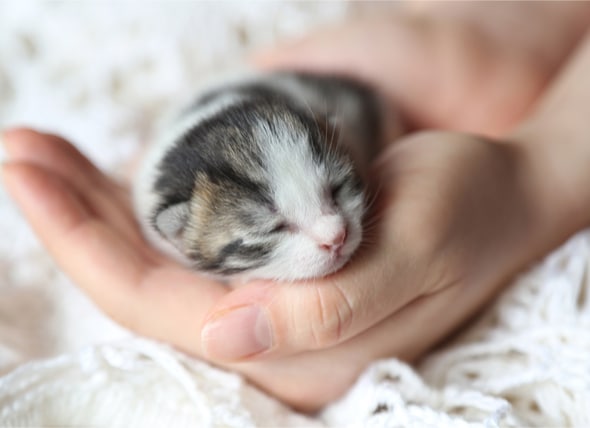
Fading Kitten Syndrome | Symptoms and Causes of Fading Kitten Syndrome | PetMD

How Fast Should Newborn Kittens Breathe - newborn kittens
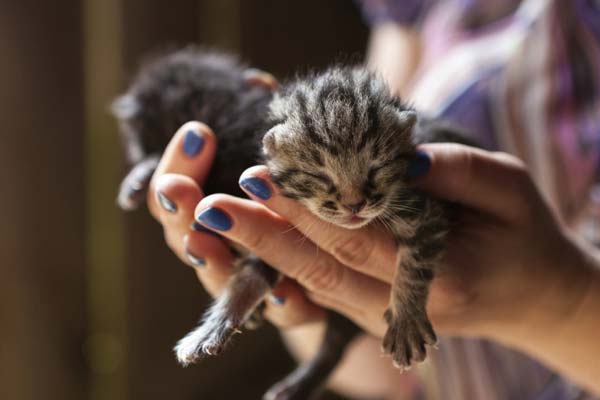
Should You Wear Gloves When Touching Newborn Kittens - newborn kittens
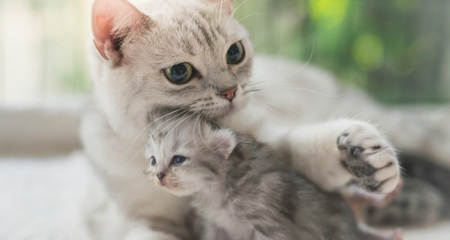
Cat Labor and Delivery: What to Expect | PetCoach
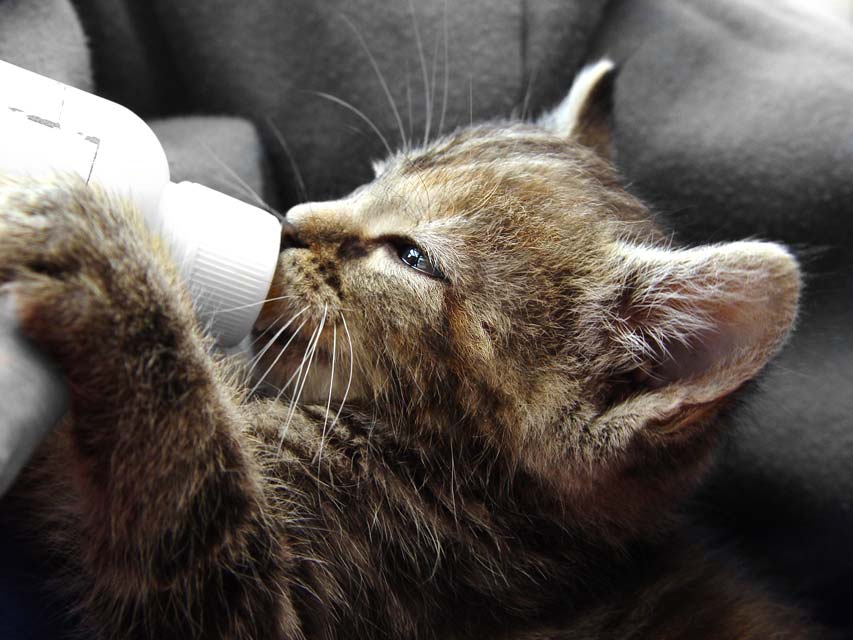
How to Care for Orphaned Kittens

How to Feed a Baby Kitten Without a Mother (with Pictures)
What to Do (and NOT Do) If You Find a Newborn Kitten
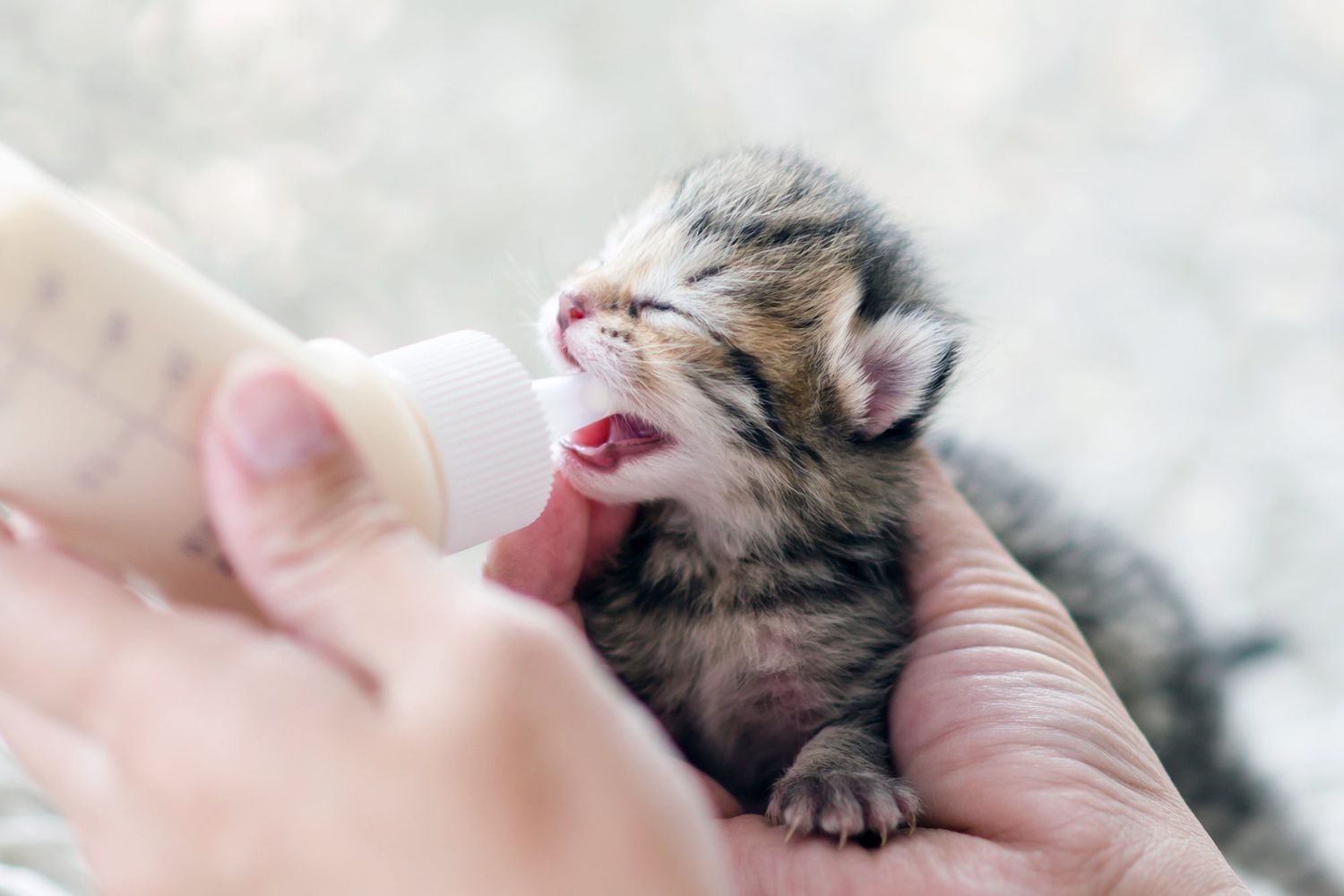
How to Bottle-Feed a Newborn Kitten | Daily Paws
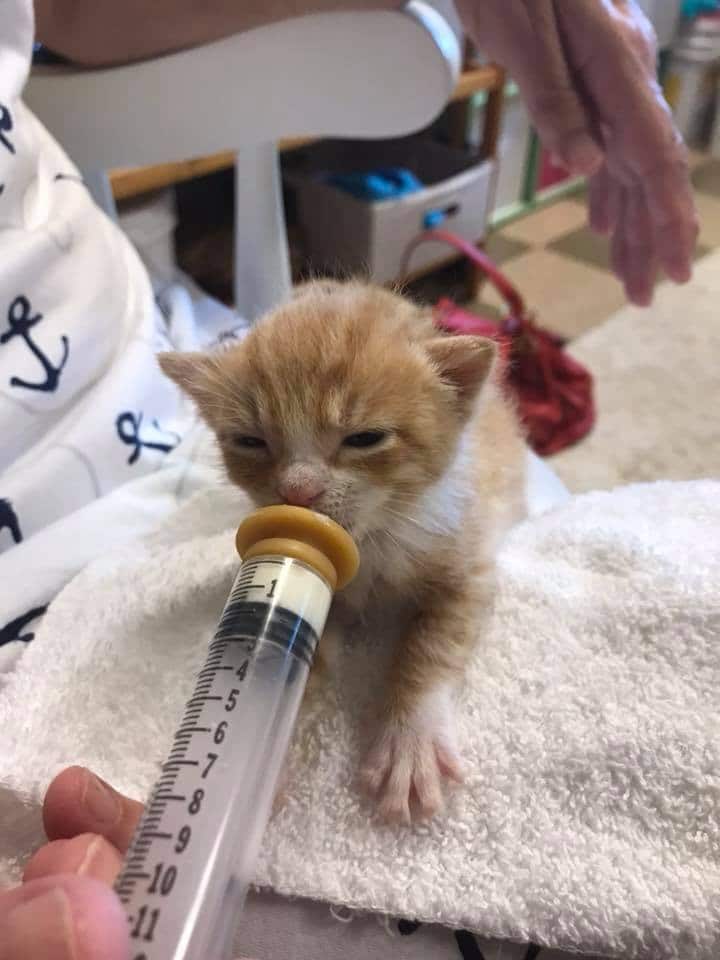
Rice Water For Newborn Kittens - newborn kittens
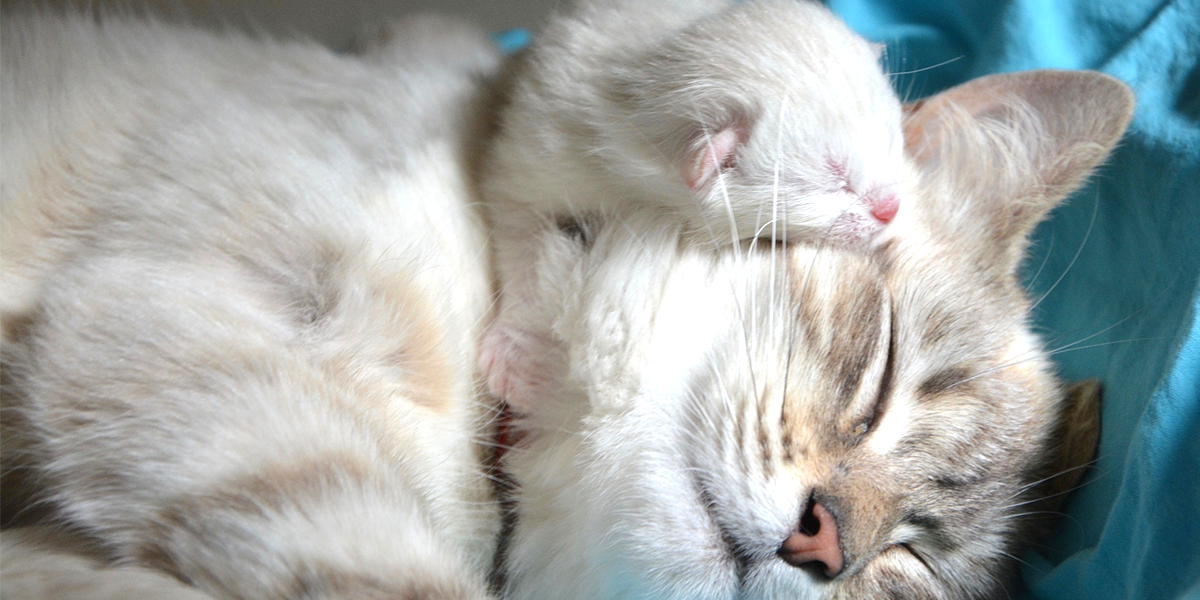
Difficult cat birth: when to wait and when to worry | International Cat Care

What Is Fading Kitten Syndrome?
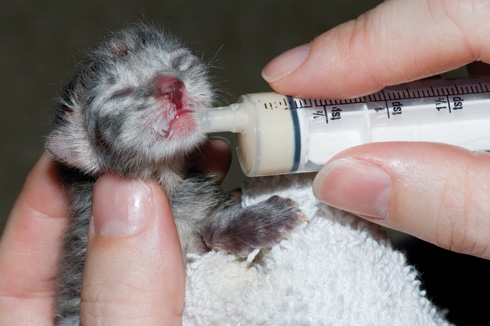
Hand-rearing kittens | International Cat Care
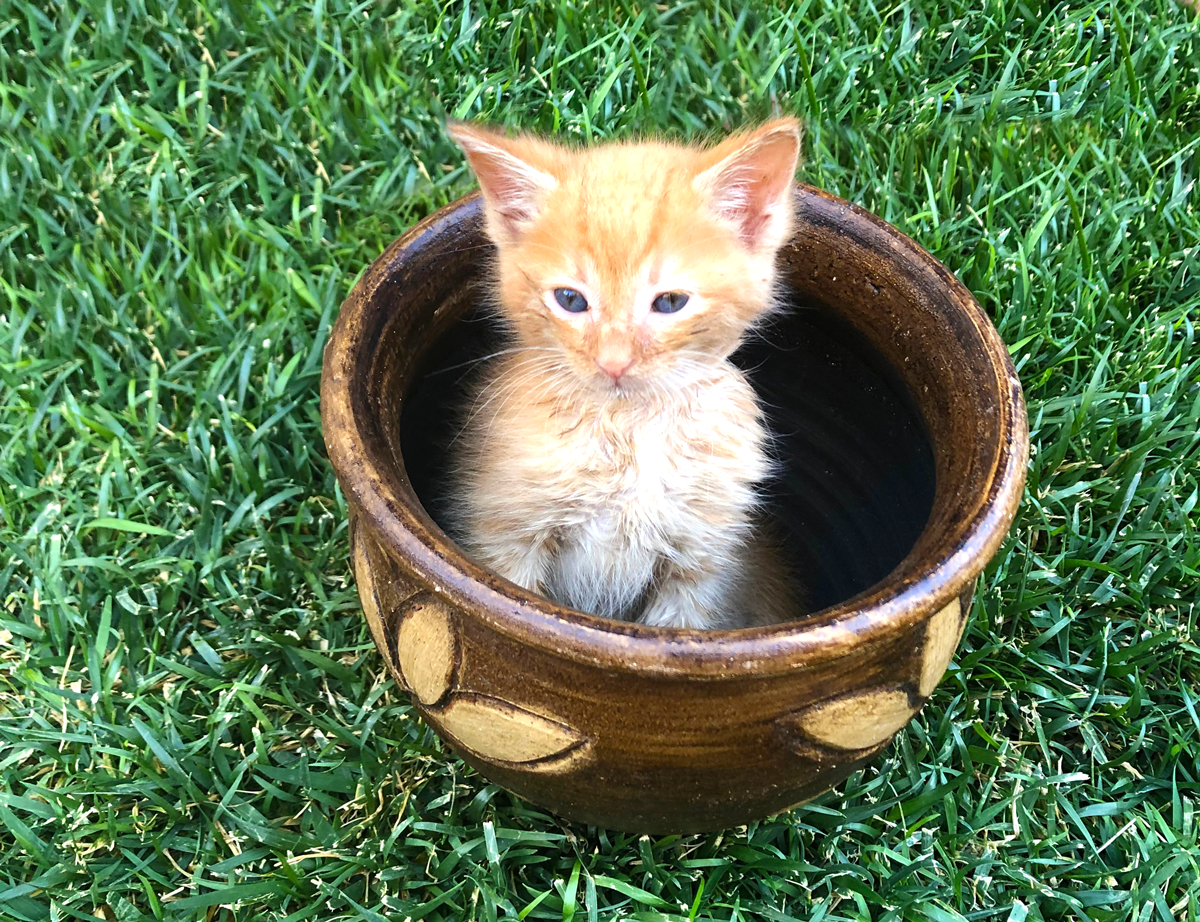
Found Kittens | The Animal Foundation
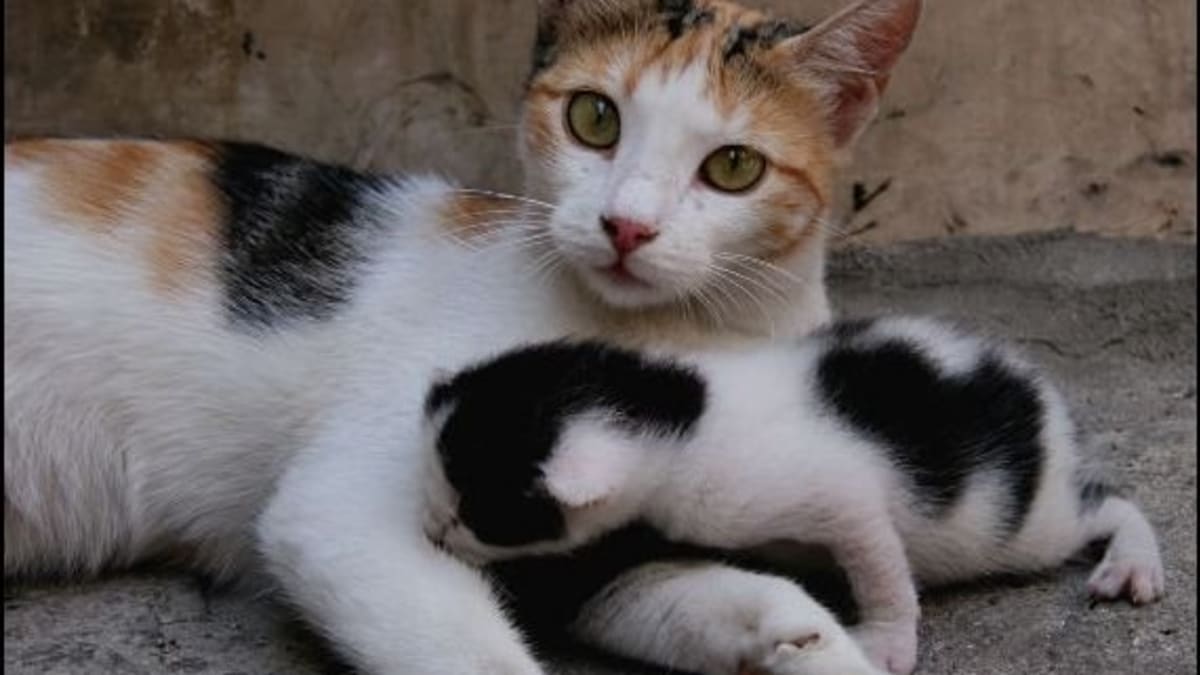
How to Help a Mother Cat Deliver Kittens - PetHelpful - By fellow animal lovers and experts

Pets, Pets, Pets | Amityville Record
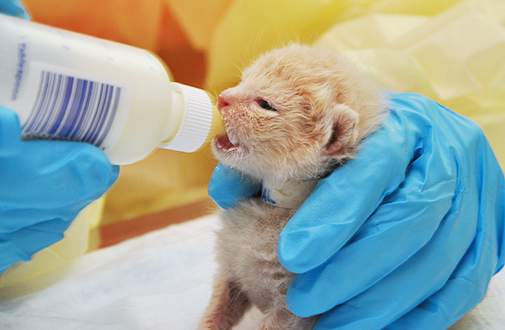
Cat Nutrition Tips | ASPCA
Sexing Newborn Kittens - newborn kittens
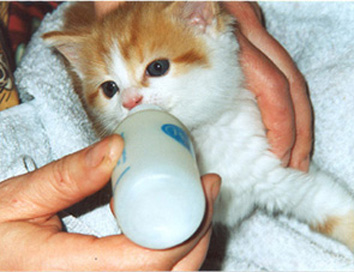
Hand-rearing kittens | International Cat Care

Be a Kitten Hero: Last Ditch Efforts to Try when Trying to Save a Dying Kitten - HubPages
/Kitten-GettyImages-535429254-58fae68d5f9b581d59a1466e.jpg)
How to Treat Fading Kitten Syndrome
Will a newborn kitten know when to stop drinking milk? - Quora

Finding Baby Kittens — KRAZY FOR KATS, INC.
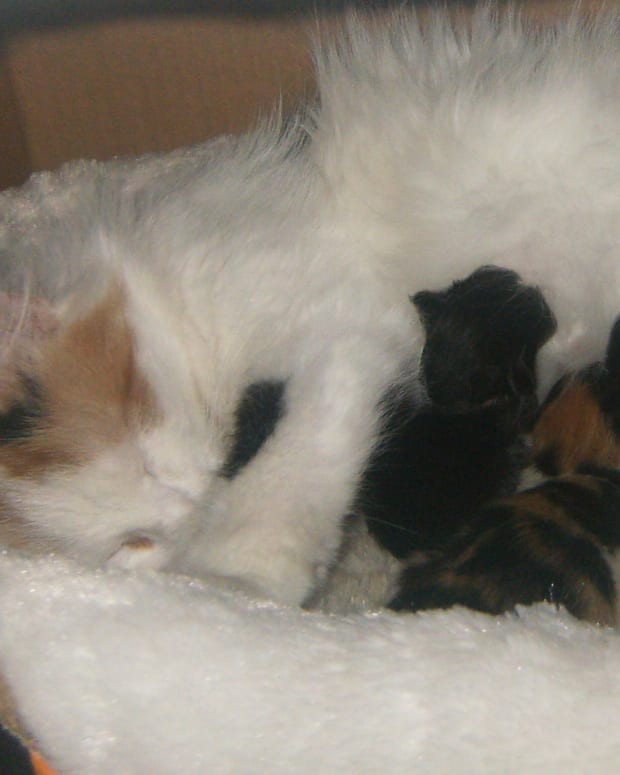
How to Help a Mother Cat Deliver Kittens - PetHelpful - By fellow animal lovers and experts
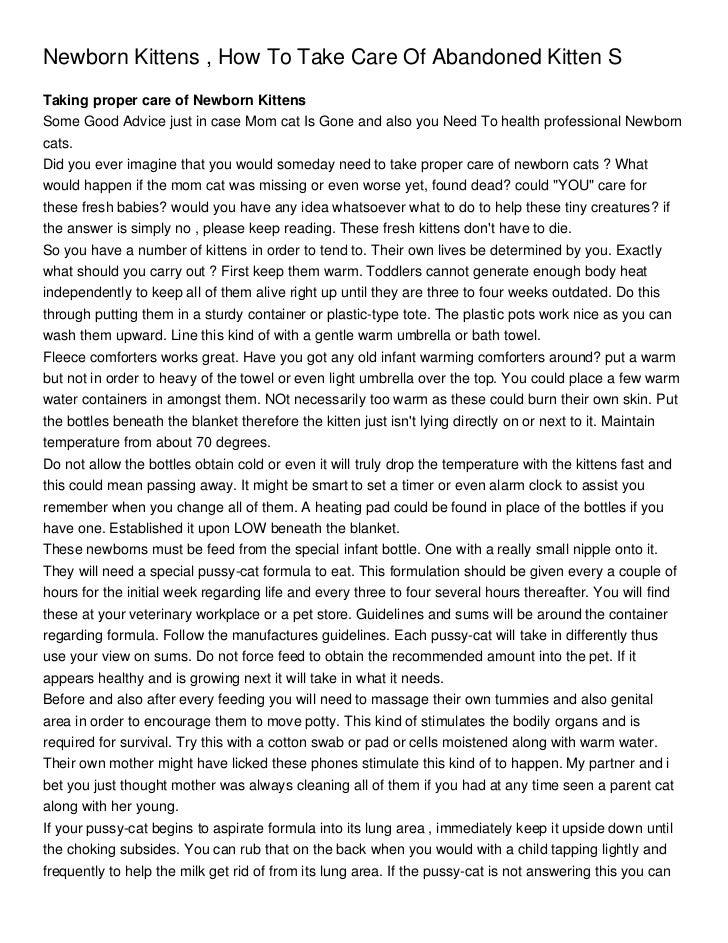
Newborn Kittens , How To Take Care Of Abandoned Kitten S

How To Mark Newborn Kittens - newborn kittens

Kitten Fostering | Best Friends Animal Society
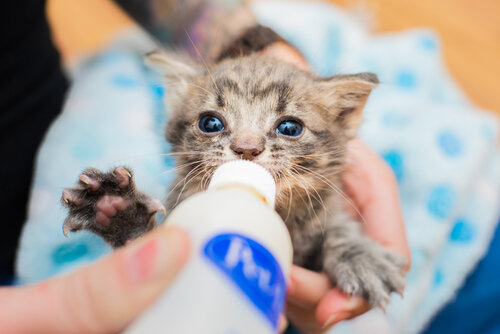
Pneumonia — Kitten Lady
Posting Komentar untuk "how to get fluid out of newborn kittens lungs"